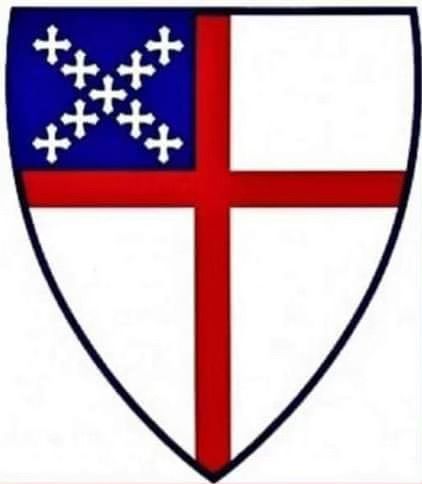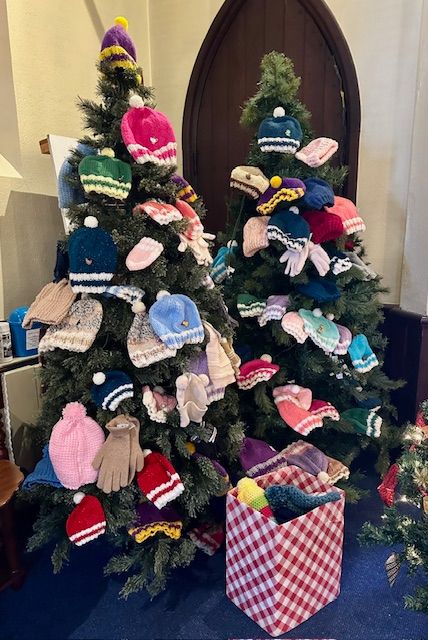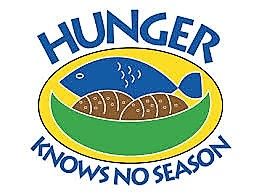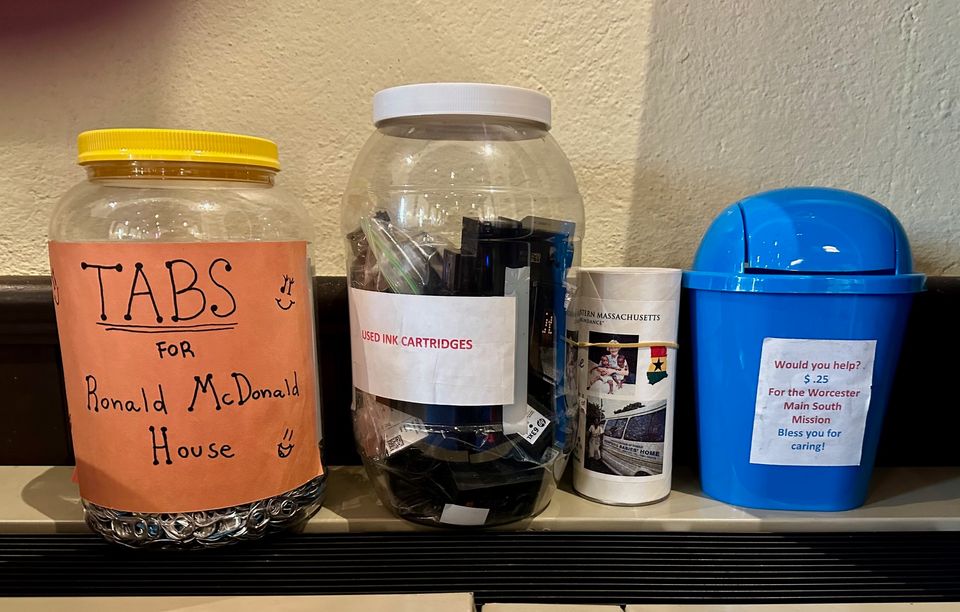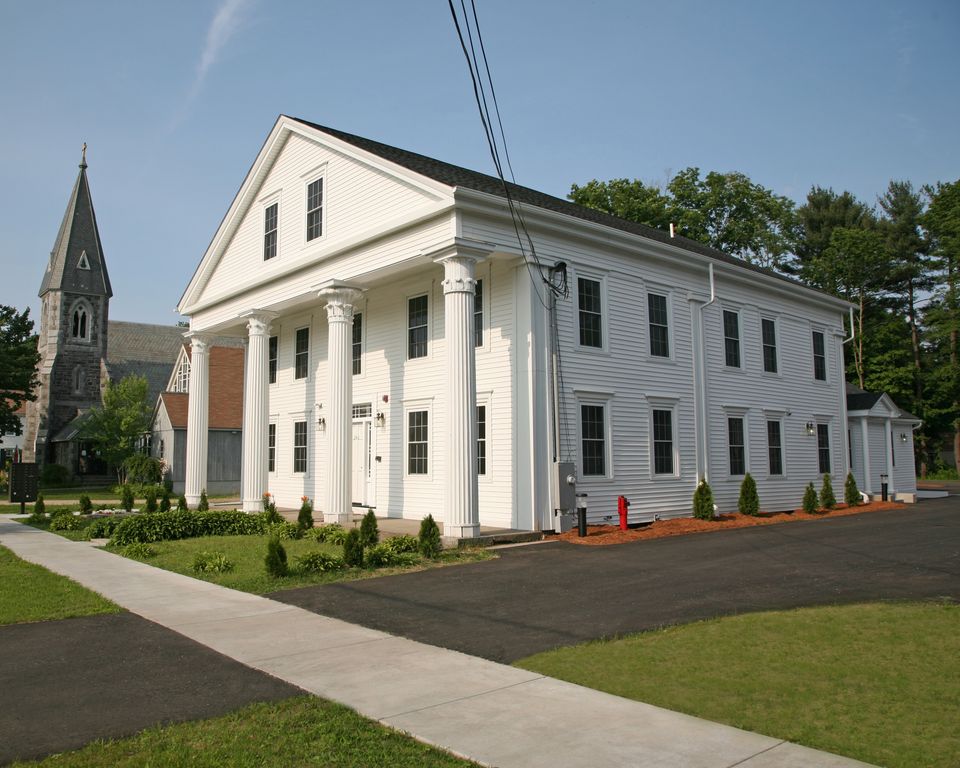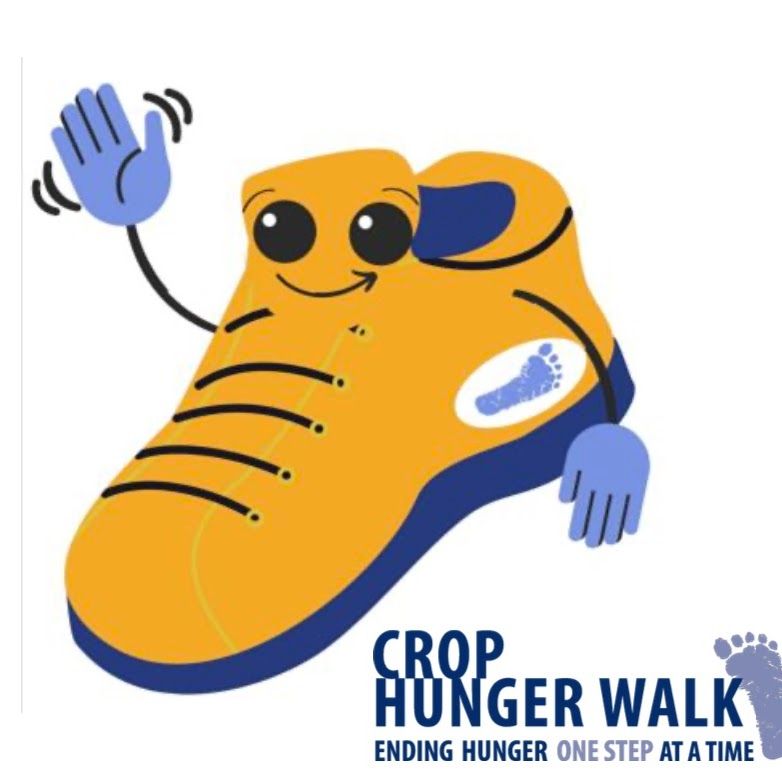
Community Outreach
Community Outreach is at the heart of what we do at Good Shepherd Episcopal Church. Our church in Oxford is deeply committed to making a positive impact in the lives of those around us, through a wide range of outreach activities. From food drives and clothing donations to supporting local shelters and international missions, our outreach programs are designed to extend God's love to those in need. We believe in the power of community service to change lives, both for those receiving support and those giving it.
Our volunteers and church members work tirelessly to identify the needs within the Oxford community and beyond, organizing regular events and initiatives that make a tangible difference. We support the Oxford Ecumenical Foodshelf, as well as Hodges House and other community organizations. We have a knitter's group who provide Prayer Shawls for the parish to share with those in need of prayer.
Whether you're looking to lend a hand or are in need of support, Good Shepherd Episcopal Church's Community Outreach programs offer opportunities to connect, serve, and grow together in faith and service. Join us as we strive to be the hands and feet of Jesus, reaching out with compassion and love.
At Good Shepherd, we have the practice of tithing (that's taking 10%) from any fund-raising activities to use in support of our Mission/Outreach activities.
At Good Shepherd, we have the practice of tithing (that's taking 10%) from any fund-raising activities to use in support of our Mission/Outreach activities.
